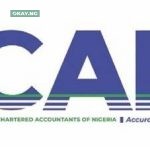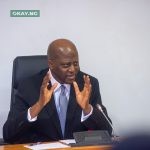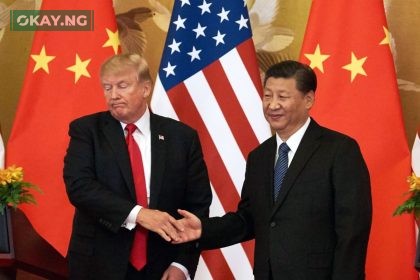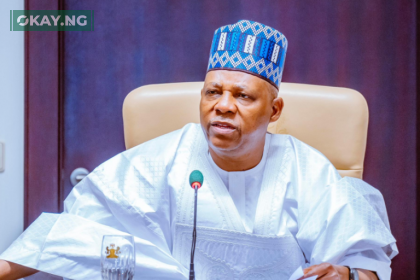The Ambassador of the United States of America to Nigeria, James Entwistle, has said that there is no hidden agenda behind his country’s decision to stop crude oil purchase from Nigeria.
Entwistle, said this while fielding questions from newsmen at the 240th Anniversary of the US Independence in Abuja.
The envoy said the price of oil was determined by international market and that the desire of every business person was to get the best product at the best price.
He said: “There is no conspiracy for the US not to buy oil from Nigeria.
“Price of oil is determined by international market and business people go to get the best product for the best price.
“That was what happened to us with oil.
“But I wish you listened to my last statement where I talked about the importance of the private sector, the commitment of the US companies to help build this country (Nigeria).”
The US had in 2014 stopped the importation of crude oil from Nigeria, a development that was tied to the discovery of Shale oil and gas in commercial quantity in the country.
The Minister of State for Petroleum, Dr. Ibe Kachikwu, recently said the US would soon resume the importation of crude oil from Nigeria.
Kachikwu stated that the rekindled relationship was a direct fallout of President Muhammadu Buhari’s visit to the US in July this year.
The Minister, however, did not reveal the details of the development, but said the US had indicated its interest in buying “very limited” quantity of Nigeria’s crude.
Entwistle urged the Buhari-led government to create an environment that would attract more foreign investments into the country as a way to revamp the nation’s economy.
He said: “I am not much of an economist, but I think the government is starting in the right direction.
“Things like fuel subsidy, exchange rate will continue to create an environment that is welcoming to foreign investment.
“Some of the biggest US companies in the world are here.
“They’ve been here for decades, they are happy.
“So it’s better to maintain an environment that will attract more foreign investment.”










